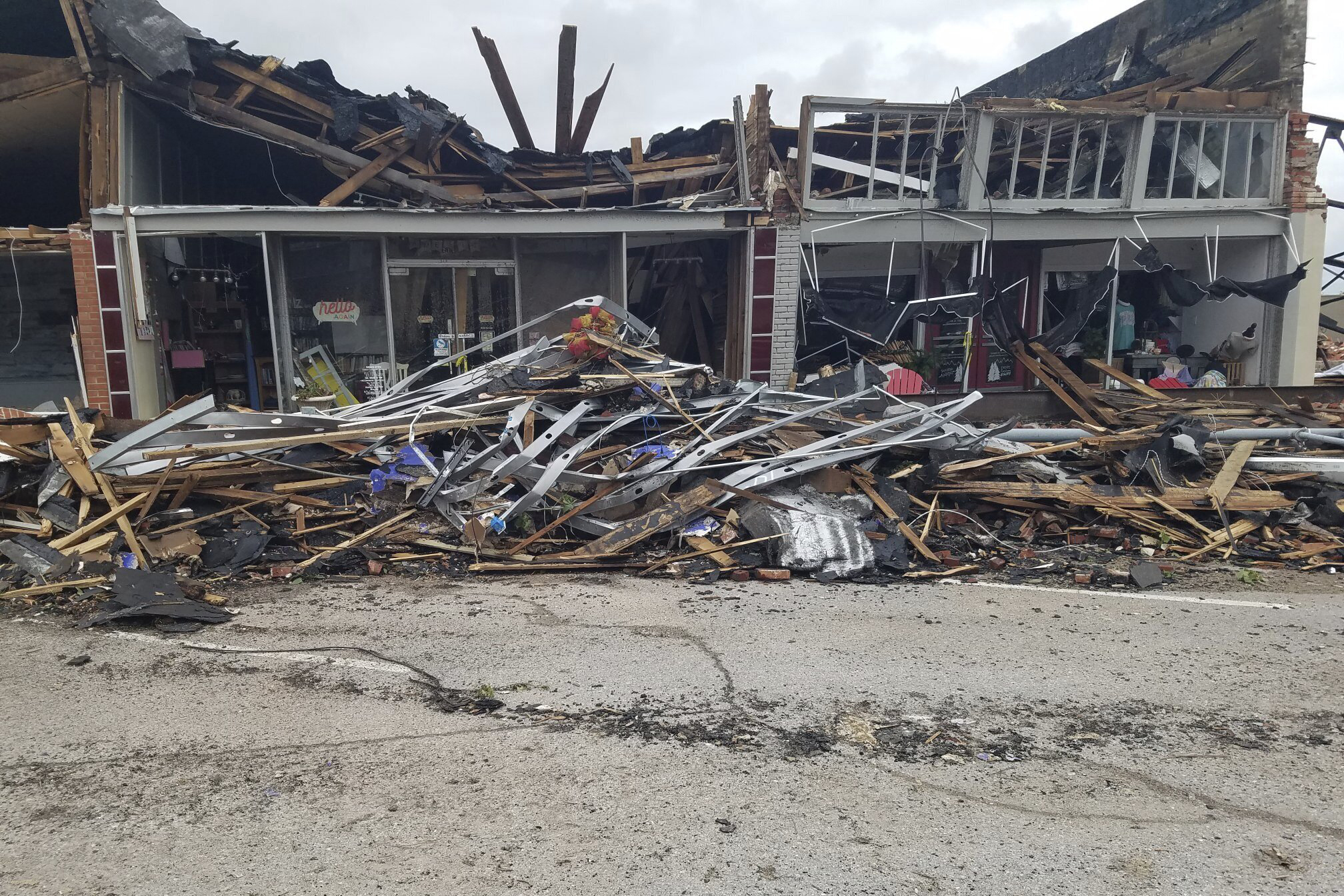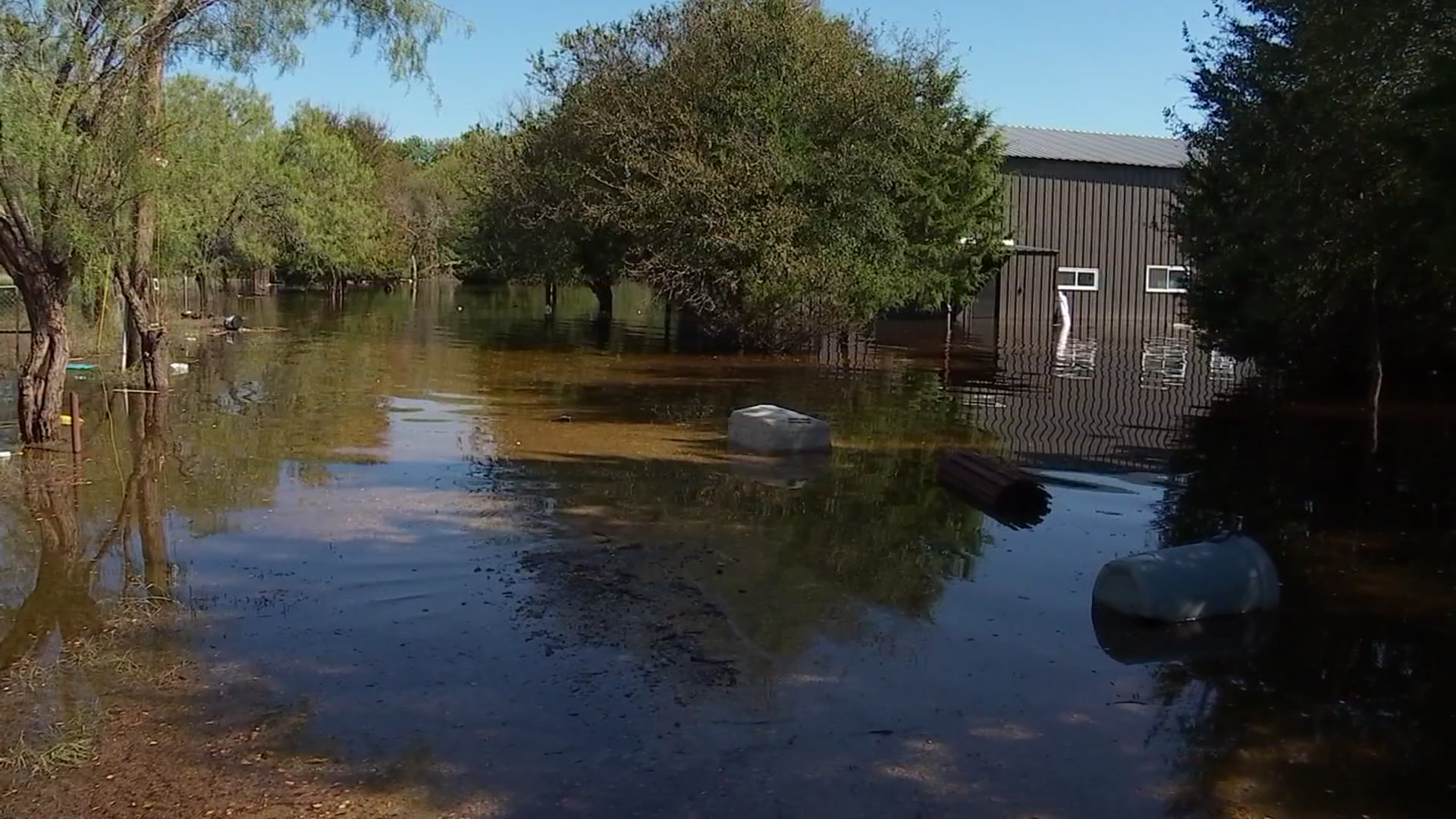When Vernell Brown of McKinney found out he had cancer, the 62-year-old nurse became a patient and kept his diagnosis a secret from his family for months.
"I felt it was my burden, so I had to handle this myself," Brown said. "I was diagnosed with multiple myeloma and it was kind of a shock, because four months prior my brother was diagnosed with the same disease process."
Cancer claimed two of Brown's brothers and his mother. When his oncologist suggested a clinical trial, Brown realized he'd need some help.
"I was driving down 75," Brown said. He was exhausted from cancer treatments. "All of a sudden I heard 'whoop whoop whoop,' and then it hit me, I was weaving from side to side."
Get DFW local news, weather forecasts and entertainment stories to your inbox. Sign up for NBC DFW newsletters.
Transportation is often a barrier to treatment in clinical trials with rigorous time commitments.
"They need to be able to have access to the latest and greatest, and too many of our members of Communities of Color don't," Dana Dornsife said. Dornsife founded the non-profit Lazarex Cancer Foundation after helping her brother-in-law find a clinical trial for pancreatic cancer.
"The only reason Mike was able to take advantage of medical breakthroughs in a clinical trial was because he had a family who could write a check," Dornsife said. "I just felt that was really morally and fundamentally wrong. Everyone who had cancer deserved the opportunity to have that lifeline."
Local
The latest news from around North Texas.
To increase access to treatment and decrease some of the barriers to treatment, Lazarex offers financial assistance for transportation.
Brown got the help he needed from Lazarex.
"Anything that can lighten that burden will be helpful," Brown said. "And we need People of Color in these studies. We're not telling them that you're not alone and there are benefits out there for you."
"Poverty does, right now, disproportionately impact Communities of Color, and when you have a cancer diagnosis, an Uber ride across town can make or break the bank," Dornsife said, explaining why transportation is a key component in treatment. "So that all cancer patients have equitable access to the services and resources they need."
Both Brown and Dornsife pointed out that in the past, mistreatment of people in Communities of Color in medical research has led to distrust among some.
"We can't just erase that history," Dornsife said. "We have to earn the opportunity to develop trust and truly overcome it, and the only way I believe we can do that is to really be there every step of the way."
The Lazarex Cancer Foundation started Cancer Wellness Hubs in a few cities nationwide to help educate people about preventable cancers and navigate cancer treatments if needed.
"When you get in a study it may not help you, but it's gonna help somebody, and that should be your goal," Brown said. "My faith tells me that I'll be around until it's time for me to go."



